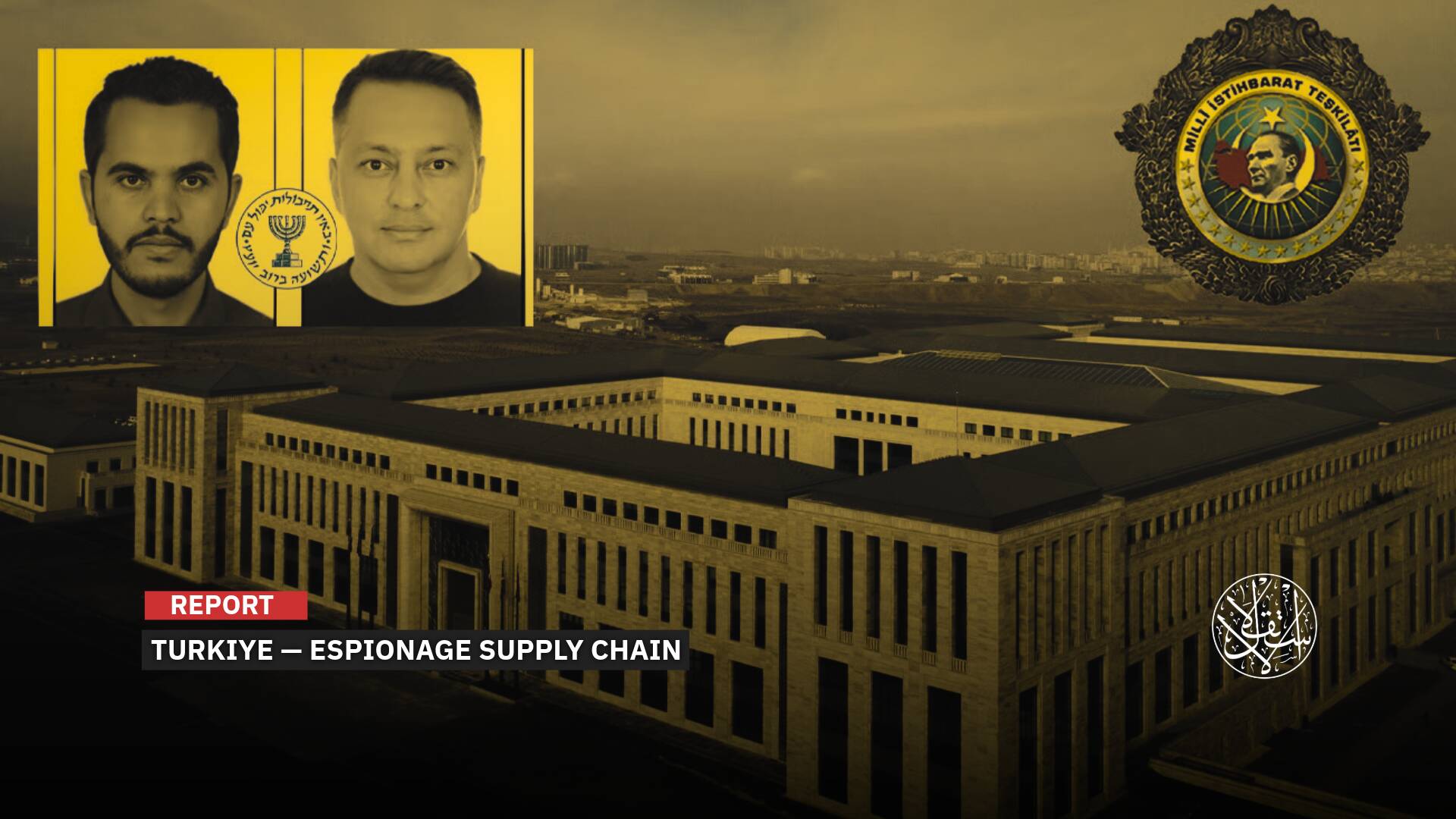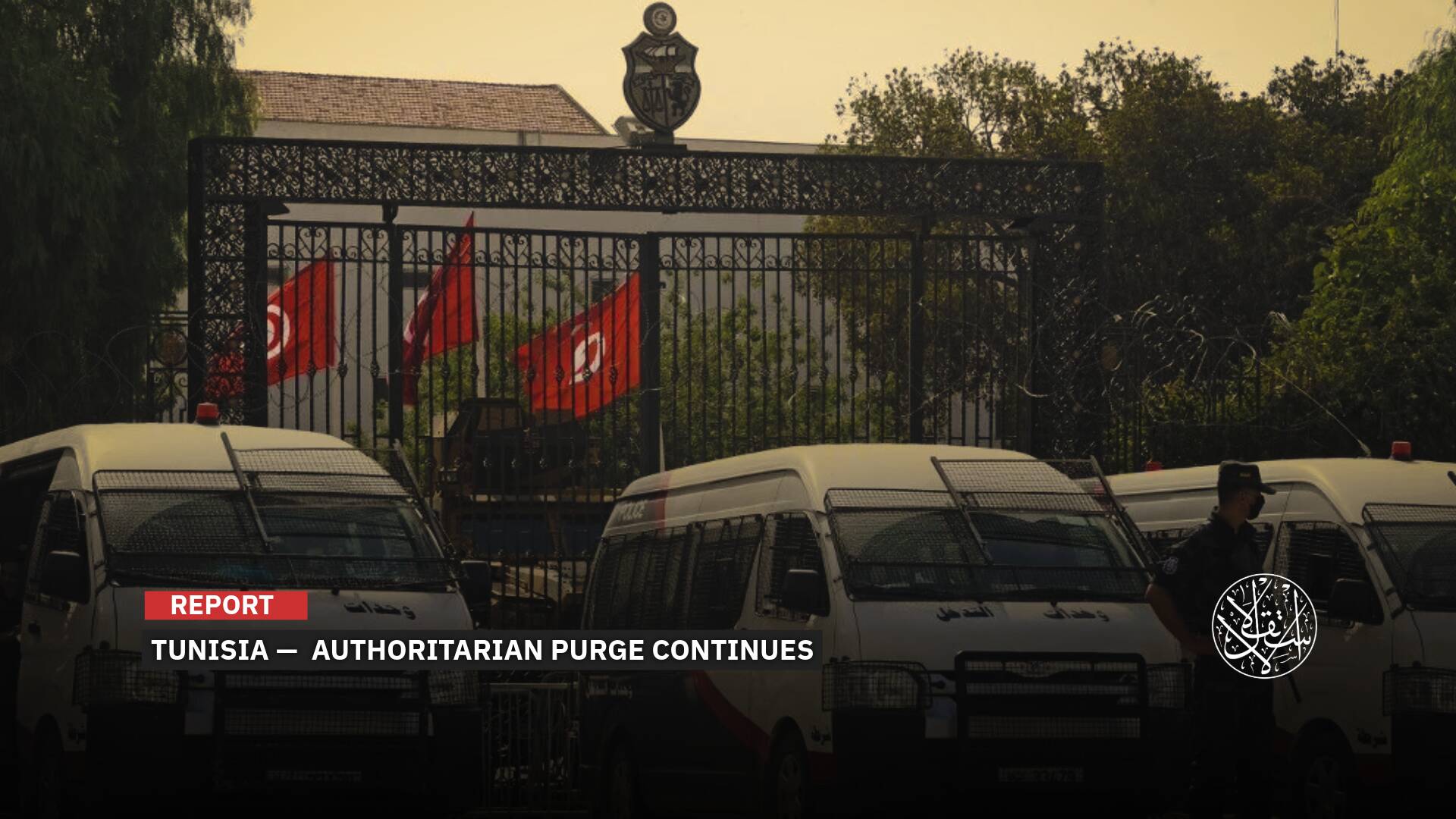Consumers Spending and Tourism Can Lift the Turkish Economy Out of the Unprecedented Levels of Inflation

As one of the world's worst inflation crises has yet to derail the Turkish economy, the rise in consumer spending and tourism pushed Turkiye's growth to be among the fastest in the G-20.
Bloomberg agency revealed that: "Turkey's economy outpaced most peers in the second quarter despite inflation at a 24-year high, driven by a surge in consumption."
According to a report by Bloomberg agency, the cheap money (loans with low-interest rates) gave an additional boost to the Turkish economy, which has a gross domestic product (GDP) of $800 billion annually and has expanded at a rate of more than 6% every quarter, since it returned to life as Coronavirus lockdowns eased in 2020.
Although inflation continued to rise this year to levels unprecedented in more than two decades, Turkiye's gross domestic product rose by 7.6% annually in the second quarter of this year, according to official figures issued on August 31, with a slight increase for the previous three months, and an average of 7.4%, according to the forecasts of 18 economists interviewed by the Bloomberg agency.

The inflation-Growth Trade-Off
Facing a trade-off between growth and inflation ahead of next year's parliamentary and presidential elections, Turkish President Recep Tayyip Erdogan has advocated an economic model that prioritizes exports, production, and employment over price and currency stability.
Erdogan, a proponent of low-interest rates, relies on the resilience of households and companies to deal with annual inflation, which is likely to peak at 80% as the lira drops to a record low.
Bloomberg expects that private consumption, which grew at a double rate during the year in the second quarter, and net exports contributed by 3 percentage points to the annual growth of the Turkish economy.
The use of Turkish credit cards for shopping saw an increase of more than 112% in the period from April to June compared to last year.
"We will not give up growth," Turkish Treasury and Finance Minister Nureddin Nebati said, adding that "when we do not give up growth, the fight against inflation takes time."
The sudden interest rate cut this month raised the inflation index to about 79.6%, in addition to the rise in energy prices globally, as Turkiye imports most of its needs from abroad.
The tourism sector also contributed to the growth process, as the number of arrivals and spending by foreigners has increased by more than 100% so far this year.

Countering Rising Poverty
On August 25, the Turkish Ministry of Finance announced that the government will guarantee the payment of electricity, water, and gas debts to private companies instead of low-income citizens who were unable to pay after high inflation rates.
The Turkish Minister of Treasury and Finance, Nureddin Nebati, confirmed, during the statement, that the Turkish government intends to pay some of the electricity, water, natural gas, and telephone debts to 6 million Turkish citizens with limited income after deep discussions and lengthy studies during the meeting of August 17.
According to the New Turk Post agency, officials in the Ministry of Justice, Treasury, Finance, Energy, Natural Resources, Transport, and Infrastructure have begun work to solve the debt problems of people with low incomes, as the debts of nearly 5 million families will be resolved with a maximum of 2000 pounds per family, with a total value of 30 billion. The government, which provided 142 billion liras last year to help low-income earners, will repay the debts of nearly one million citizens, with a maximum of 2,500 Turkish liras.
Risks to Growth
Turkiye's growth spurt may slow in the remaining two quarters of the year, as a separate survey of analysts this month indicated that Turkiye's annual GDP growth could drop to 3.3% in the third quarter and 1.3% in the fourth quarter of the year.
Already there are signs of a slowdown in industrial production and retail sales, and the risk of a recession in Europe is of particular concern, as it is the main destination for Turkish exports.
Turkiye's central bank has already cited a "loss of momentum" in the economy as a rationale for this month's rate cut, and analysts at ING Bank AS also warned that higher risk premiums in financial markets and increased macro stability risks could weigh on domestic demand.

"We are seeing continued cost pressures, tighter global financial conditions, and a challenging domestic regulatory environment, which are putting pressure on the corporate sector," the bank's analysts said, noting that there is a potential loss of momentum in exports given the slowdown in the eurozone.
The rise in prices in Turkiye increased the cost of living and raised the poverty rate after successive price jumps, foremost of which are oil derivatives, oils, and wheat products. The United Minerals Research Center (BİSAM) revealed that the hunger threshold, which refers to the minimum amount of money needed to save a family of four from starvation per month, became 4,330 liras in February. However, it does not exceed the minimum wage of 5,500 Turkish liras.
The poverty line refers to the money needed for a family of four to feed itself adequately and healthily, and it covers expenditures on basic necessities such as clothing, rent, electricity, water, transportation, education, and health, while the hunger threshold refers to the minimum amount of money needed to save a family of four.
While experts expect the poverty rate to increase from 13% in Turkiye, the World Bank previously revealed that the poverty rate in Turkiye has risen for the second year in a row, reaching 12.2% last year, after it was 10.2% in 2020.












